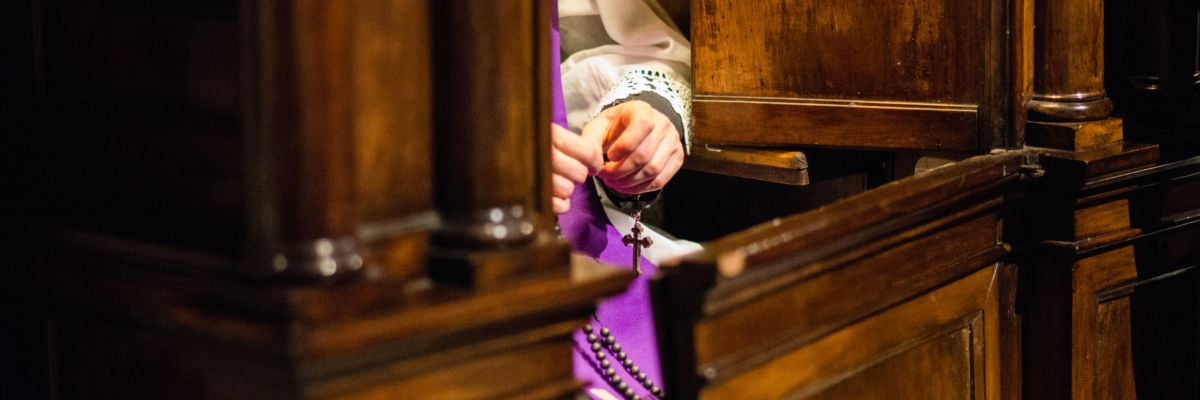
Question:
Answer:
To be clear, it depends on the circumstances surrounding the priest confessor’s question to you, specifically, on who initiated the conversation—directly or indirectly—and what the priest confessor was attempting to do in asking the question.
Sometimes a male penitent might confess impure thoughts, including looking lustfully at a woman. In such a case, a priest, out of genuine concern for the penitent’s spiritual well-being, might ask him if he committed the sin of masturbation; because masturbation is, objectively, a mortal sin, although there can be mitigating factors re: an individual’s culpability (CCC 2352; see 1857–1859).
A priest confessor might ask the same question if a penitent confessed the serious sin of viewing pornography (CCC 2354).
In addition, the Church has always recommended the Ten Commandments as a sure moral guide for the faithful in doing an examination of conscience to prepare for confession. In the attempt to help a penitent make a good confession, a priest confessor might guide him through the Ten Commandments, asking if he’s violated each one while naming the grave sins associated with each.
On the other hand, if you didn’t raise the issue of sexual sin in confessing your sins, and the priest didn’t progressively go through the Ten Commandments to aid you in remembering and confessing your transgressions, but simply raised the issue without apparent moral warrant, that could be a cause for concern.
In addition, if a priest were to ask for details beyond the basic nature of a sexual sin and the number of times a penitent committed that sin, that would definitely be out of line. As Fr. Hugh Barbour notes well,
This means that the priest also should not talk too much or ask too many questions or dwell on any details beyond what is necessary to clarify what sin was committed and whether the penitent intends to struggle against it. This is especially important regarding sins against chastity (“What to Do When You Get a Bad Confessor”).
Nor should a penitent offer such greater and graphic detail in confessing his own sexual sins.
In summary, context is key. What did—or didn’t—happen in connection with the priest’s questioning you about masturbation in the confessional? In addition, before you write your diocesan bishop, I suggest that you first discuss this matter with a good faithful priest that you trust, explaining in basic detail what happened.
If after speaking to your priest friend you still think you need to raise the issue with your bishop, write the bishop a personal note on the matter.
In addition, out of parental concern, you and your spouse can periodically remind your children to let you know whether an inappropriate question is ever asked during one of their confessions. And, regarding matters of impurity, a daughter might be more willing to talk to her mother and a son his father.



